
The first thing to consider in adopting a dog is "why" do you want a dog. Dog adoption is a life long commitment, so be sure that this is something you really want to do. Ask yourself the question, " Does a dog fit into my lifestyle?" Becoming a dog owner means accepting the responsibilities of ownership for at least 10 to 15 years. These responsibilities include your time. Especially time for exercise, grooming and companionship every day of each year. Another responsibility is financial commitment. Financial considerations include regular vet visits, emergency vet visits, spaying, neutering, licenses, training, grooming, toys and especially food treats. Owning a dog comes at an expense. Be sure you can afford it.
Let us discuss what to consider before you adopt:
1. Are you allowed to have a pet where you live? Rental properties may not allow pets or if they do allow them, they may have restrictions. Be sure to know your circumstances before you adopt.
2. Is your home suitable for the dog you have in mind? A large dog in a small apartment is difficult to make work. Likewise, a little yard for a dog who requires a lot of room to roam is not ideal. Do your research before you make a dog selection and keep in mind what your dog's needs are. Keep in mind what you have to offer and does it fulfill those needs.
3. Consider if you are prepared to deal with the special problems that dog ownership can bring. These problems include, flea infestations, scratched and chewed furniture, house training accidents and of course shedding. To minimize these problems, you should be prepared to interact, inspect and groom your dog daily. Check for fleas and ticks, encourage playing with toys, brush their coat daily and teach them to be house trained.
4. Give thought to preparations for dog care when you will not be available to do it yourself. Such as times when you are away and traveling on vacation. Arrangement for a sitter or paying for boarding will be your only options.
Once you have considered all of these aspects of dog ownership, and are prepared to accept them, then adopting a dog from an animal shelter or rescue club is one of the most responsible choices you can make.
Animal Shelters have a great selection of adult dogs, mixed and purebred, along with puppies. Once a responsible shelter receives a dog, they will do an assessment for aggression, temperament and general health. If the dog is a surrender, the shelter will collect as much information about the dog from the previous owner . A stray that is brought to them will be observed and its interactions with staff and other dogs documented. This information can be valuable to you in determining which dog to choose.
If an effort to make a good match between new owner and dog, many shelters provide adoption counseling and follow up assistance. This assistance includes such items as pet parenting and training classes, vet services and behavior counseling. If your particular shelter does not provide these services, they should be able to direct you to a business that does provide them.
What should you look for in a healthy dog?
1. Clear bright eyes
2. Clean shinny coat
3. Does not appear to be too thin or overweight
4. Shows no signs of illness such as nasal discharge or diarrhea
Pick a dog that is active, friendly, inquisitive and not afraid of you. The dog should accept gentle handling and show no signs of aggression.
An advantage of adopting from an animal shelter is its great value. The adoption fee in my area is $90. For this amount, the dog will be tested for heart worms, micro chipped and registered, given a physical exam by a vet, spayed or neutered, vaccinated for rabies and wormed.
Once you have selected a dog, you must prepare before you bring it home.
1. Prepare a place for it to eat and sleep
2. Food and water bowl
3. Collar
4. Leash
5. ID tag
6. Bedding
7. Toys
Consider pet proofing your home. Any item that may harm a dog, electrical wiring, toxic chemicals and such should be put away. If your dog is a house dog and when no one will be home, an option to prevent harm to the dog and damage to household items is to place your dog in a travel crate with plenty of food, water, bedding and toys until someone comes home.
You have chosen your new best friend and brought it home. Now prepare for a lifetime of unconditional love and dedication from your new family member.
 Canine Muscular Dystrophy And Affected Breeds
Canine Muscular Dystrophy And Affected Breeds
 Excessive Barking - How to decide on use the perfect Anti Bark Collar For use on your Dog
Excessive Barking - How to decide on use the perfect Anti Bark Collar For use on your Dog
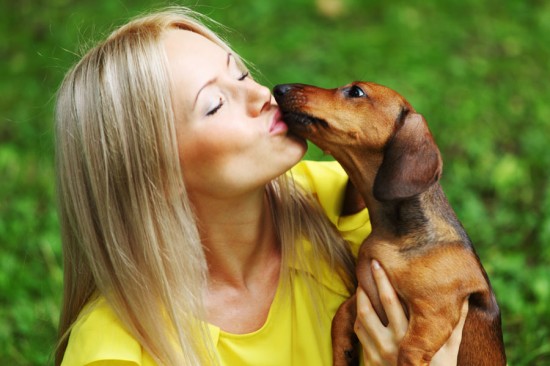 Pet Insurance : Five Ways To Keep Your Policy Cost Down Without Compromising On Coverage
Pet Insurance : Five Ways To Keep Your Policy Cost Down Without Compromising On Coverage
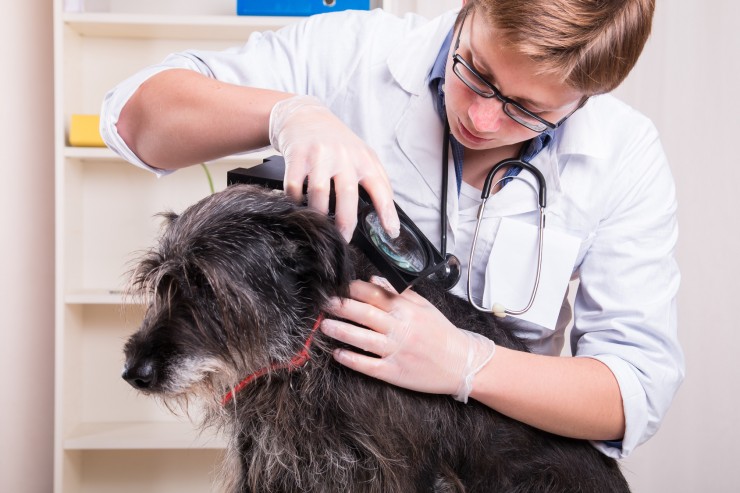 Six Flea And Tick Myths Debunked
Six Flea And Tick Myths Debunked
 Caring For A Ball Python
Caring For A Ball Python
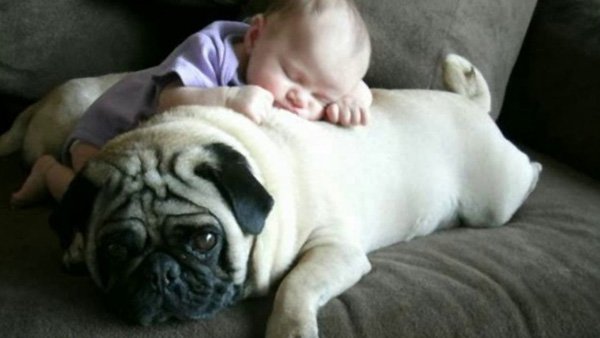 5 Wonderful Ways to Honor A Dog That Has Passed Away
5 Wonderful Ways to Honor A Dog That Has Passed Away
 Helpful Tips And Advice About Adopting A Rescue Dog
Helpful Tips And
Helpful Tips And Advice About Adopting A Rescue Dog
Helpful Tips And
 The Temperament Differences Between Dogs And Bitches
The Temperament D
The Temperament Differences Between Dogs And Bitches
The Temperament D
 Health Issues Associated With The Shorthair Exotic
Health Issues Ass
Health Issues Associated With The Shorthair Exotic
Health Issues Ass
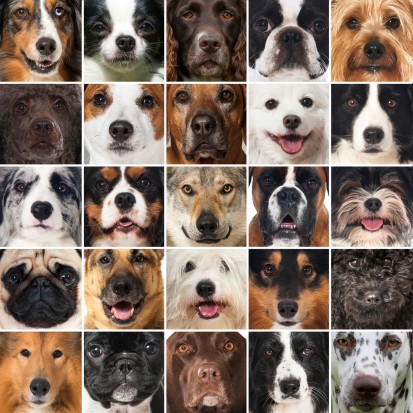 Some Rules To Follow When Narrowing Down Your Search For A New Dog
Some Rules To Fol
Some Rules To Follow When Narrowing Down Your Search For A New Dog
Some Rules To Fol
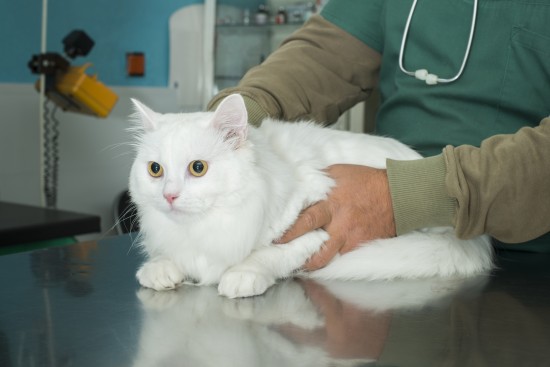 How To Make Visits To The Vet Less Stressful For Your Cat
How To Make Visit
How To Make Visits To The Vet Less Stressful For Your Cat
How To Make Visit
Copyright © 2005-2016 Pet Information All Rights Reserved
Contact us: www162date@outlook.com